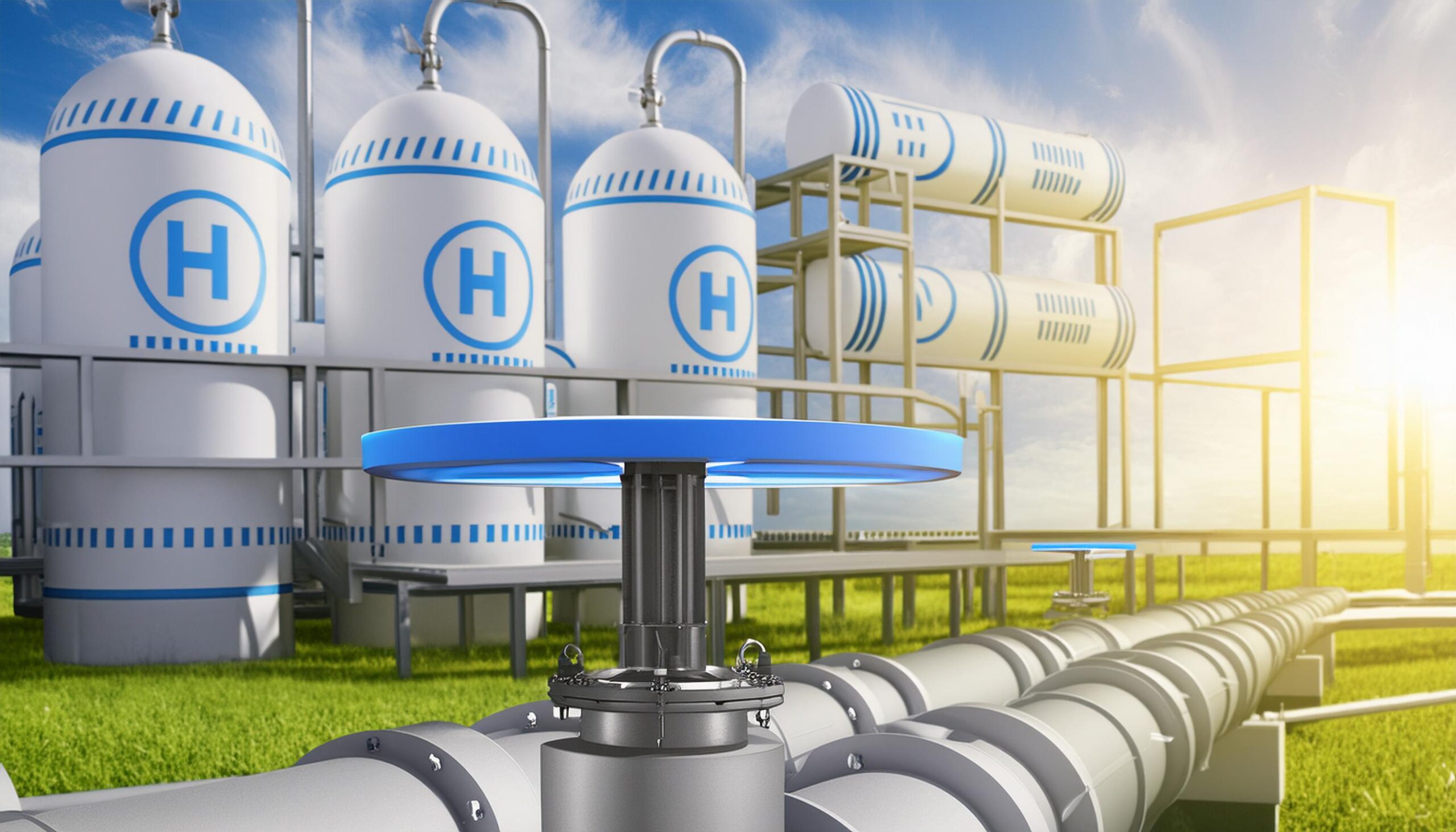Max Devine, Senior Surveyor, recently attended the Pipeline Industry Guild’s Professional Development Training Day, read his thoughts about the future of Power
I recently attended the Pipeline Industry Guild’s Professional Development Network Training Day which had a variety of thought-provoking speakers. When it comes to energy security and resilience not everyone is aligned as to what that looks like.
The National Infrastructure Commission’s (NIS) Director of Policy, Margaret Read, is not the first to coin the phrase “gas is going,” since the advent of Net Zero, but others aren’t so certain.
Margaret sees the future of energy in the UK very much in line with Government expectations, not least of all because the NIS is the body that advises the Government on long term infrastructure challenges and sets targets such as Net Zero. That said, Margaret isn’t wrong by any means to say that gas is going; The UK has already seen swathes of photovoltaic farms, offshore wind projects, and battery storage developments arrive, with much more on the way and not even mentioning Sizewell C and Hinkley Point C projects.
Margaret also has high hopes for the future of UK hydrogen power in bridging the gap in demand that renewables and nuclear power might not be able to make. Professor Russell Thomas, technical director at WSP UK, reflects that with previous infrastructure overhauls such as the conversion to natural gas in the 60s and 70s, having public perception on side is integral to delivery. Where the future delivery of hydrogen is not certain, we also need to consider public perception in any future implementation – if the consumer doesn’t want hydrogen, then it won’t bridge the energy gap.

The main question determining the success of Margaret’s view is, “will it all be enough?”.
Cadent’s Chief Operating Officer, Howard Forster, thinks not. He is acutely aware that energy resilience is the name of the game and that the renewables that power clean electricity cannot be operational all the time. Whilst the future of energy is in decarbonisation and gas will very definitely be diminishing, it is well understood that the sun won’t always shine and the wind won’t always blow. Howard therefore argues that the industry must listen to consumer demand and be conscious of their influence in shaping the future of energy. Hydrocarbons may be required to plug a gap in consumer demand that clean energy might not always be able to provide. With this in mind, Cadent are looking to future proof their infrastructure and are turning to new technologies to do this.
Cadent report that they are working with Google to produce bespoke generative artificial intelligence which assist in the identification of pipeline leakages. These leaks can then be repaired, or pipes replaced. Other emerging technologies are being employed in pipeline leak detection such as limited life stick-on monitoring nodes which can be applied post repair or installation. Cadent’s adoption of modern technology acts as a clear indicator that they believe gas here is to stay, and that they are not confident in the resilience of a fully renewable network past 2050.
Whilst the industry aims for 2050 Net Zero, the future of hydrocarbons in the UK’s energy output hinges of a few details.
The first, raised earlier, is will the public be onboard with continued development of photovoltaic farms and battery storage sites and the rest? As Howard has pointed out, we should not underestimate the influence of the consumer. In a country with a targeted 300,000 new homes a year, increased intolerance to NIMBYism, HS2, and East West Rail amongst many other developments, will the public be onside for widespread photovoltaic farms and battery storage sites which will only mean lower property values for those not profiting? Will the public want to stick to subsurface hydrocarbon assets for their energy consumption?

The second is can the UK rely completely on clean energy by 2050 and have sufficient reserves for network resilience? We must consider the infrastructure needed to successfully and efficiently generate and distribute power and the industry’s constraints in delivering these. The difficult truth is that hydrocarbons will be needed until clean energy is sustainable, whether that’s before or after 2050.
Finally, we must ask if the change to our environment will hinder the UK’s ability to implement Net Zero. With the world at the greatest level of conflict seen since 1945 and conventional war playing out on the European continent, we must consider the availability of budget, labour, and material necessary for meeting Net Zero and whether any subsequent Governments renege on their commitment to meeting the target at the expense other national expenditures. This paired with increasing frequency of extreme weather events places increasing strain on the maintenance of existing networks. Storms, floods, and droughts are increasingly common place in the UK which hampers the developability of land, which is already being competed for with residential developers.
Are the foundations really set for Net Zero 2050 success? The players are already hedging their bets, and if not, then hydrocarbons are here to stay.
Whatever your view is, the industry is unanimous in recognising that resilience and future proofing of supply are the future, telegraphed by the mass move from OpEx to CapEx. That’s why Dalcour Maclaren (DM) are currently supporting clients with the delivery of off-shore wind, high speed rail, new distribution networks, nuclear energy, flood prevention, photovoltaic development, amongst much else. Howard would be pleased to know that DM very much have their finger on the pulse with technology, constantly investigating how emerging technologies can be applied to the provision of rights over land, planning, environmental, and land survey services.









